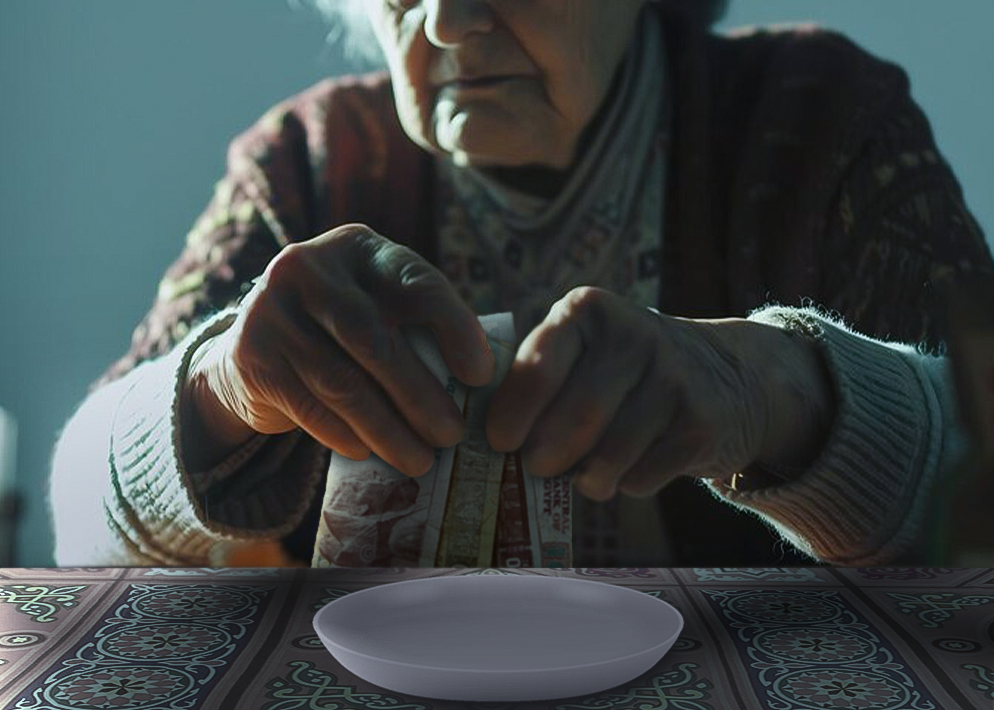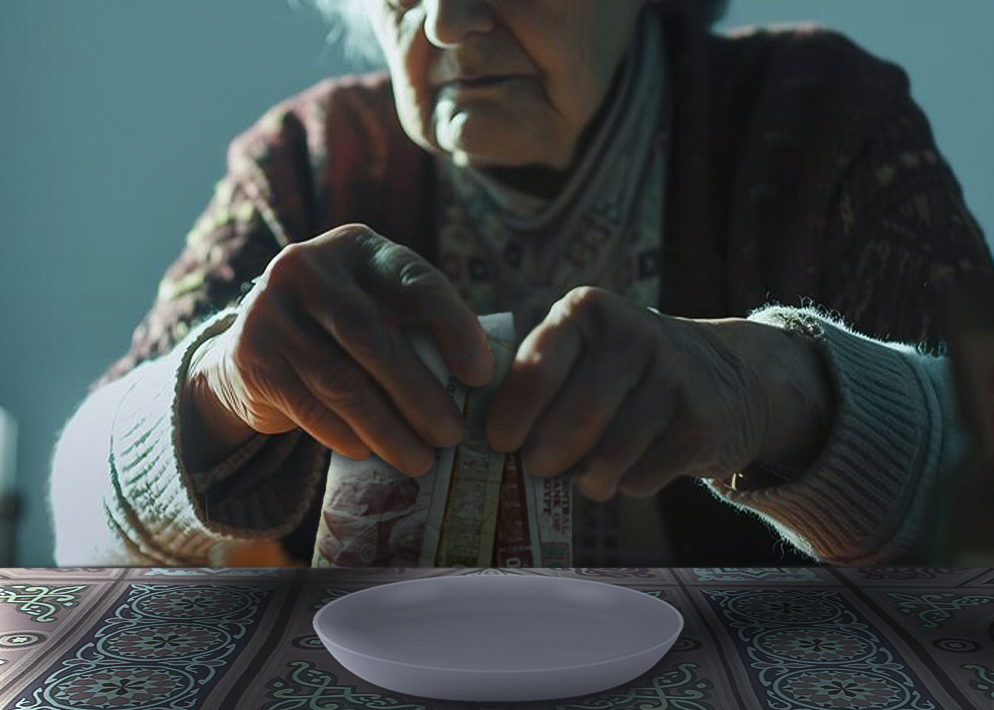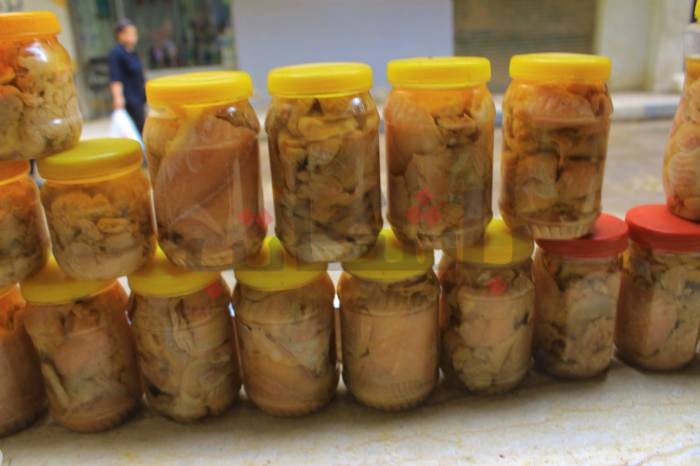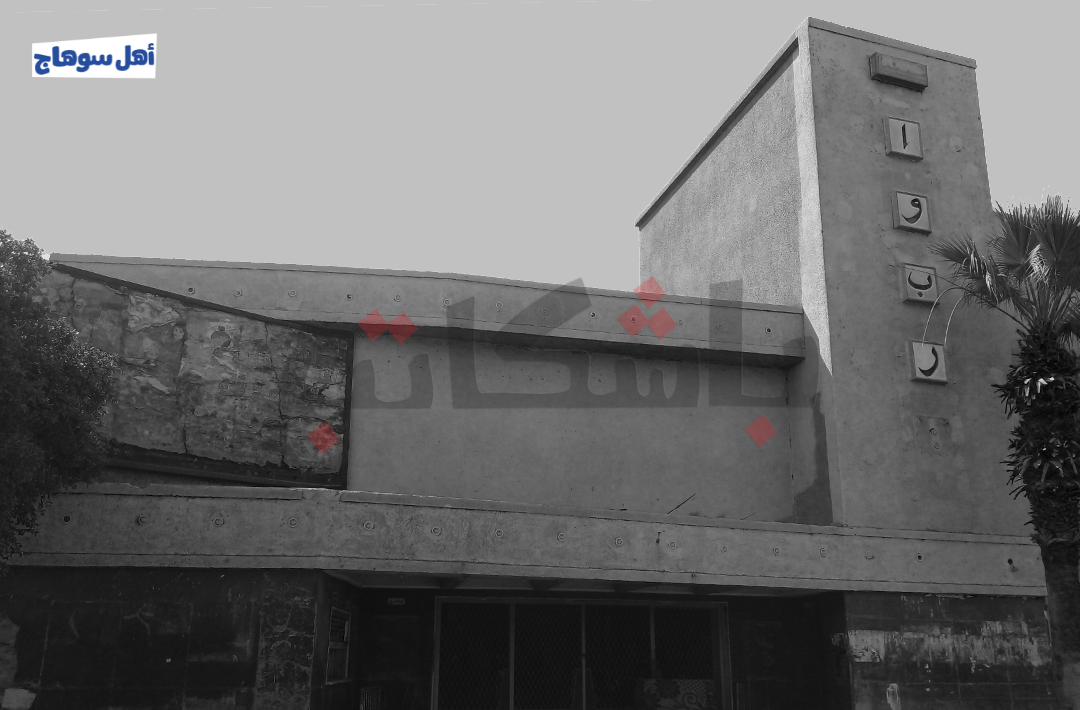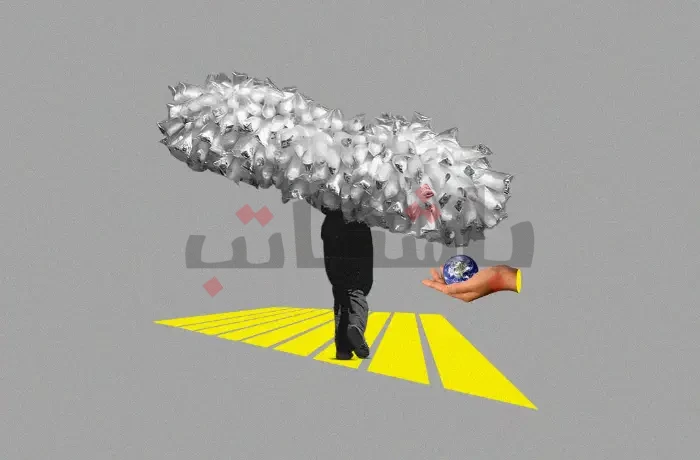It is not Al-Adha feast without having the delicious Fattah that I eagerly await every year, as my grandmother prepares it for us on the morning of the feast.
Years have passed, and still Fattah dish is a special tradition that my grandmother makes sure to keep every year, no matter how old she gets, she prepares it for us to eat after the feast prayer, warming it with her smiles and affection, as if she didn’t feel tired while cooking it.
My great-grandmother passed this ritual to my grandmother; she also prepared Fattah dish for her children in Al-Adha feast, considering this dish a symbol of her family’s togetherness. We grew up used to this inherited tradition, enjoying our grandmother’s Fattah as much as we can.
Each feast, I and my family used to visit grandmother after the feast prayer, and there the real feast starts; my family was the first to arrive as we live close to grandmother, then my siblings and I received my grandmother’s three children and their children.
Everyone waits for those closer to their age, then conversation and laughs fill the house, sometime later, hunger announces itself as the smells of roasted garlic and fried meat fill our noses. Older ones start asking about food, while the young go to the kitchen and watch grandmother; this scene won’t happen again until the next feast. Grandmother puts her final touches on the dish, decorating it with “crunchy” bread crumbs, meat, and rice mixed with tomato sauce.
Everyone is drooling, waiting for the moment the food is ready until the awaited moment comes; the moment Fattah dishes are placed on my grandmother’s dining table, tasting the first spoonful, happiness draws itself on our faces; we haven’t eaten anything as delicious since last feast. A delicious spoon after the other, everyone attacks the dishes, and grandmother’s face is an epitome of happiness and satisfaction. Once food is finished, we start kissing our grandmother’s hand declaring our appreciation of her efforts, for she prepared these dishes for us with love.
Unfortunately, last feast didn’t pass as peacefully as the ones before, for grandmother had a financial crisis that hindered her from preparing this long-awaited dish; each dish cost her 150 EGP, and she prepares a large one for each of her children to eat with their family, so that the total dishes she prepares are 5, costing her 750 EGP. As for this feast, and with the continuous increase of prices, my grandmother started buying meat last month, being the most expensive ingredient of the dish, in an attempt to control her budget. She also bought rice, onions, and tomatoes, and saved bread to toast since last week. She wanted to keep the tradition, yet I keep wondering, can grandmother keep this tradition amidst the crisis of rising prices? Will she hold fast and find alternatives, trying to preserve this inherited tradition? Or will circumstances overcome her and end this tradition? I have no answers to my questions, all I have are fears of the disappearance of such tradition that I am attached to and enjoy every Al-Adha feast.
